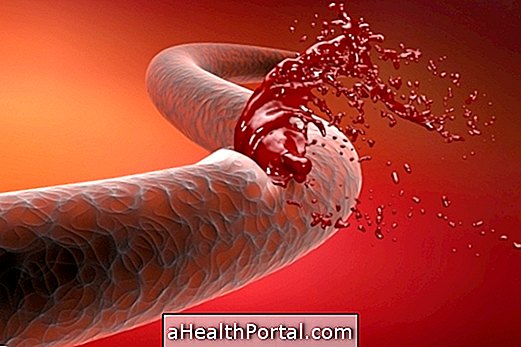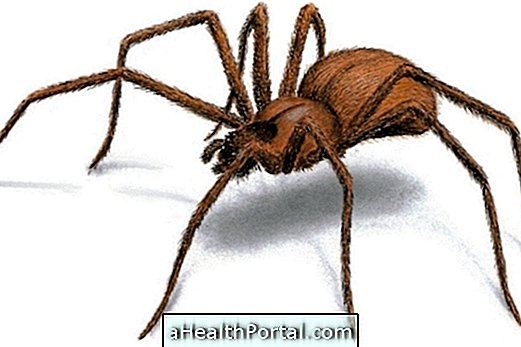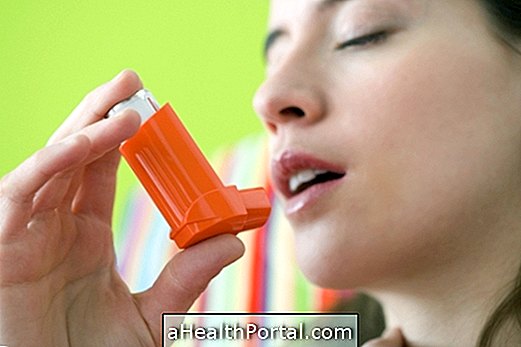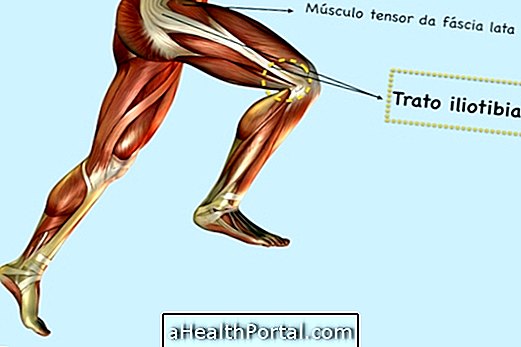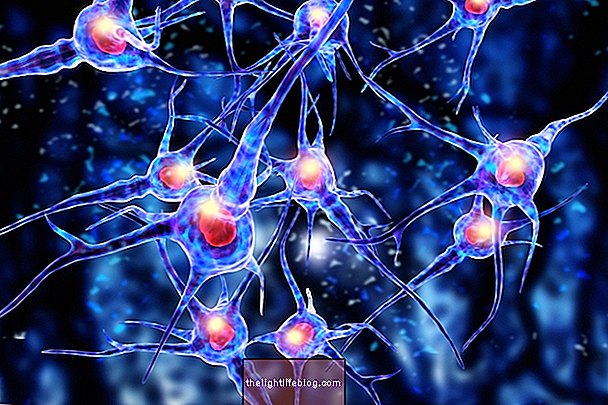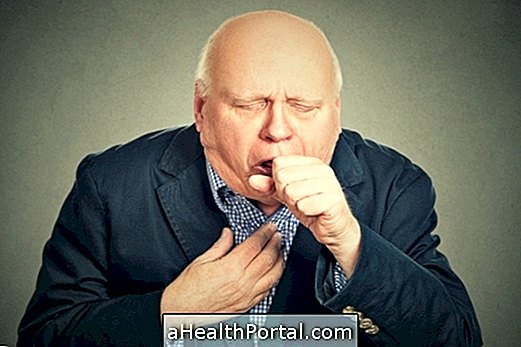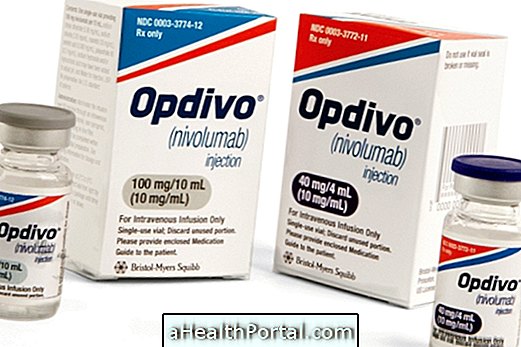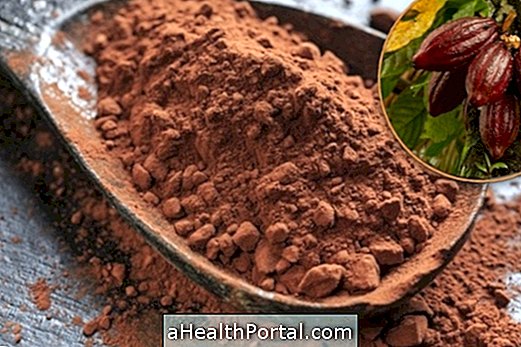The rat bite should be treated quickly as it carries the risk of transmitting infections and causing diseases such as rat bite fever, leptospirosis or even rabies.
First-aid should be started at home as soon as the accident occurs, and consists of:
- Wash the wound with soap and running water or with saline for 5 to 10 minutes removing any saliva or any impurity that may be contaminating the wound;
- Cover the area with a clean gauze or cloth;
- Go to the health post or emergency room, where you can be re-washed the wound, disinfected with polyvidine or chlorhexidine and, if necessary, remove some dead tissue and suture by the doctor.
After the procedure, a dressing is done, which should be changed the next day or before, if the dressing gets wet or becomes dirty with blood or secretions. If the wound shows signs of infection, such as purulent discharge, redness or swelling, the doctor may prescribe the use of an antibiotic.
Check out the following video for more tips on what to do in case of any animal bite:

When it is necessary to take vaccines
The tetanus vaccine is recommended after this type of injury if it is not up to date because it prevents infection by the bacterium Clostridium tetani, which is present in the environment, such as soil or powder. See when to take the tetanus shot.
An avacin against rabies or anti-rabies serum may be indicated if the mouse is of unknown origin, because in these cases the risk of transmission of rabies virus is greater. In the case of domestic rats or hamsters, the risk is much lower and no vaccine is required unless the animal exhibits behavioral changes or symptoms characteristic of rabies. Also check when rabies vaccine is needed.
What diseases can be transmitted
The rat may contain microorganisms in its secretions that cause disease in humans, especially the sewer rat.
The main disease that can arise is Rat Bite Fever, in which bacteria such as Streptobacillus moniliformis can reach the bloodstream and cause fever, malaise, redness of the skin, muscle aches, vomiting and in some cases cause complications such as pneumonia, meningitis, and abscesses. Learn more about the symptoms and treatment of mouse bite fever.
Other diseases that can be transmitted by rat and rodent secretions include leptospirosis, hantavirus, rabies, or bubonic plague, for example, which can be severe and lead to death. Therefore, it is very important to take environmental hygiene measures, such as remove debris, debris, dirt and keep plants well cared for, to prevent the presence of these animals near houses.
